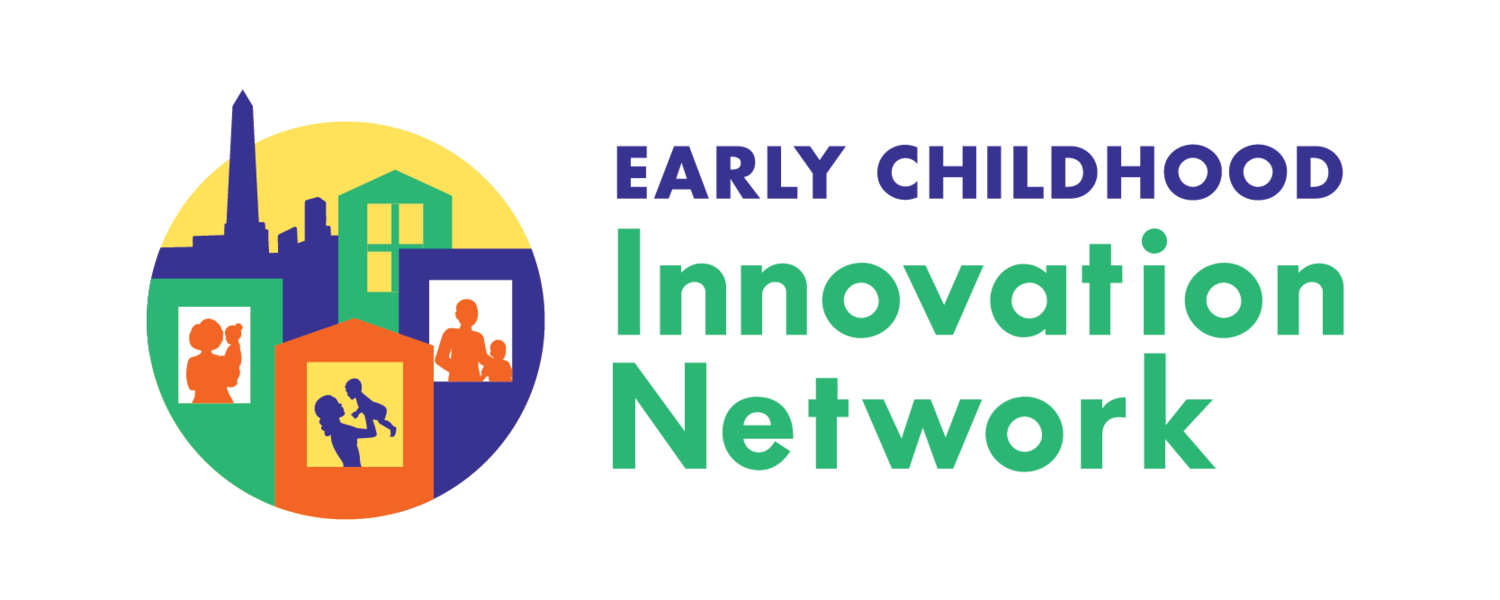Update from the Building Community Resilience Town Hall
ECIN participated in the national Building Community Resilience (BCR) Town Hall at THEARC on April 19. The BCR Collaborative brought together local community partners driving positive change for children and families who face adverse childhood experiences in the context of adverse community environments. ECIN colleagues – Lee Beers, Matt Biel, Binny Chokshi, Ambrose Lane, Jr., and Sarah Barclay Hoffman spoke at the event to share insights from research, practice, and advocacy.
The BCR Town Hall highlighted the fact that everyone and every sector has a role to play in promoting resilience in Washington, DC.
To learn more about the BCR Town Hall, see a full list of participating organizations, and view a recording of the event, click here.
A New Look for ECIN!
ECIN is proud to share its official logo, emphasizing the importance of community and caring relationships to raise resilient children. Thank you to the parents and caregivers at CHC-Anacostia and Educare who shared their valuable feedback with us to develop this logo.
Featured Resource: Impact Stories
Check out the ECIN website to hear from families we’ve worked with across Washington, DC. ECIN’s approach to working with families and communities has been a resource to Angel Grice and her local nonprofit which is dedicated to building resilience in girls and women of all ages.
Please forward this email along to your colleagues, family, and friends, and encourage them to subscribe to ECIN newsletters below. Thank you for checking us out online and supporting our work of promoting healthy families and children.
The Early Childhood Innovation Network (ECIN) is a local collaborative of health and education providers, community-based organizations, researchers, and advocates promoting resilience in families from pregnancy through age 5 in Washington, DC. ECIN works across sectors to empower adults in the caregiver role—parents, family members, educators, and health providers—with knowledge and resources to improve outcomes for children.



